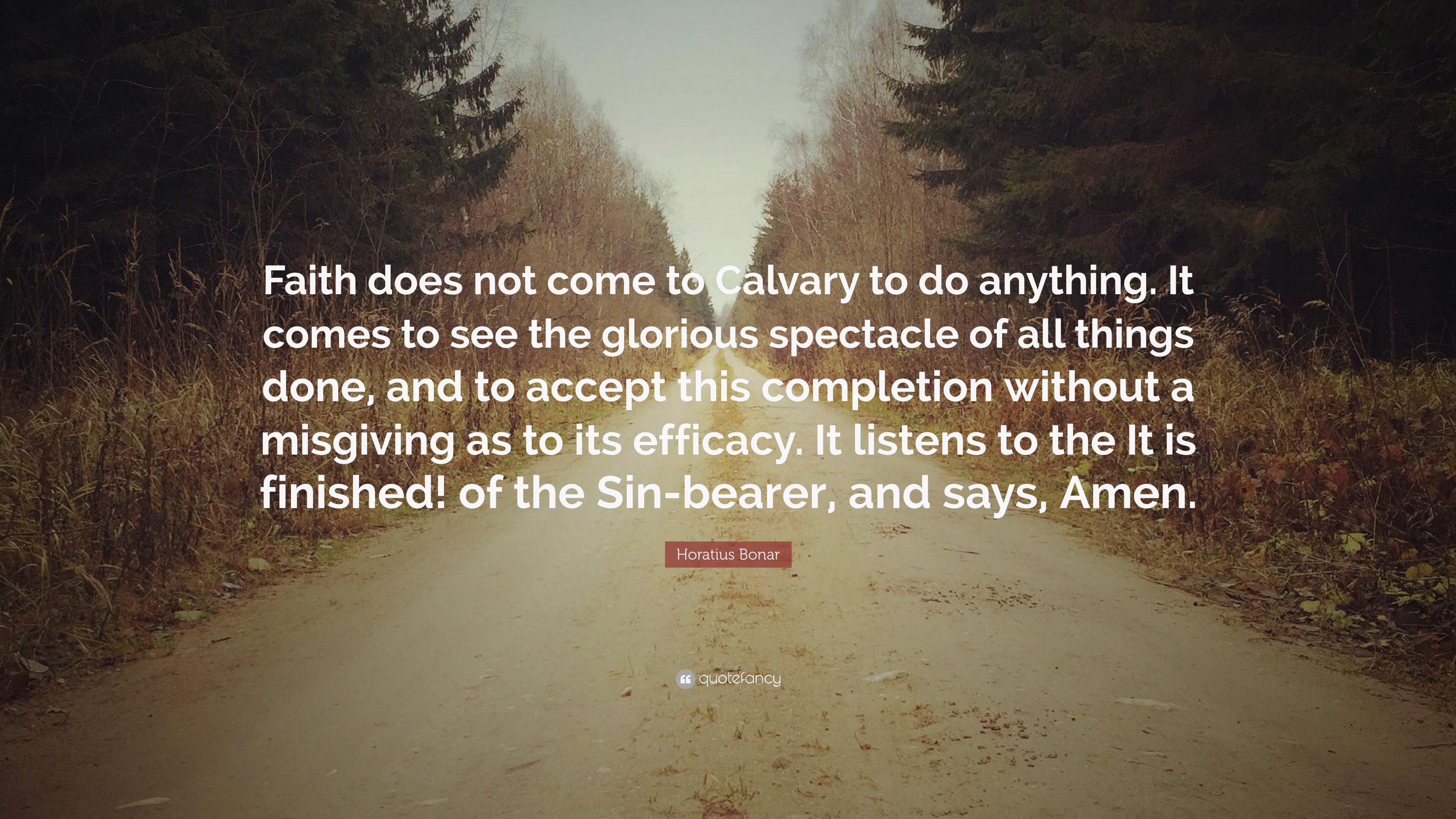You are using an out of date browser. It may not display this or other websites correctly.
You should upgrade or use an alternative browser.
You should upgrade or use an alternative browser.
Quotations of the day
- Thread starter FineLinen
- Start date
"What I believe is so magnificent, so glorious, that it is beyond finite comprehension. To believe that the universe was created by a purposeful, benign Creator is one thing. To believe that this Creator took on human vesture, accepted death and mortality, was tempted, betrayed, broken, and all for love of us, defies reason. It is so wild that it terrifies some Christians who try to dogmatize their fear by lashing out at other Christians, because tidy Christianity with all answers given is easier than one which reaches out to the wild wonder of God's love, a love we don't even have to earn." ~Madeleine L'Engle
"Define yourself radically as one beloved by God. This is the true self. Every other identity is illusion." ~ Brennan Manning
"Jesus came to raise the dead. He did not come to teach the teachable; He did not come to improve the improvable; He did not come to reform the reformable. None of those things works. ~Robert F. Capon
"Jesus came to raise the dead. He did not come to teach the teachable; He did not come to improve the improvable; He did not come to reform the reformable. None of those things works. ~Robert F. Capon
"When we live with hope we do not get tangled up with concerns for how our wishes will be fulfilled. So, too, our prayers are not directed toward the gift, but toward the one who gives it. Our prayers might still contain just as many desires, but ultimately it is not a question of having a wish come true but of expressing an unlimited faith in the giver of all good things. You wish but you hope in Him." ~Henri J.M. Nouwen
"When we long for life without difficulties, remind us that oaks grow strong in contrary winds and diamonds are made under pressure." ~Peter Marshall
"When we long for life without difficulties, remind us that oaks grow strong in contrary winds and diamonds are made under pressure." ~Peter Marshall
"The gospel is absurd and the life of Jesus is meaningless unless we believe that He lived, died, and rose again with but one purpose in mind: to make brand-new creation. Not to make people with better morals but to create a community of prophets and professional lovers, men and women who would surrender to the mystery of the fire of the Spirit that burns within, who would live in ever greater fidelity to the omnipresent Word of God, who would enter into the center of it all, the very heart and mystery of Christ, into the center of the flame that consumes, purifies, and sets everything aglow with peace, joy, boldness, and extravagant, furious love. This, my friend, is what it really means to be a Christian." ~Brennan Manning
"Groanings which cannot be uttered are often prayers which cannot be refused." ~ C.H. Spurgeon
"Meanwhile, the moment we get tired in the waiting, God's Spirit is right alongside helping us along. If we don't know how or what to pray, it doesn't matter. He does our praying in and for us, making prayer out of our wordless sighs, our aching groans." ~MSG
"The Holy Spirit takes hold of us in our human frailty to empower us in our weakness. We don't even know how to pray, or know the best things to ask for. But the Holy Spirit rises up within us to super-intercede on our behalf, pleading to God with emotional sighs too deep for words. God, the searcher of the heart, knows fully our longings, yet he also understands the desires of the Spirit, because the Holy Spirit passionately pleads before God for us in perfect harmony with God's plan and our destiny." ~TPT
"Meanwhile, the moment we get tired in the waiting, God's Spirit is right alongside helping us along. If we don't know how or what to pray, it doesn't matter. He does our praying in and for us, making prayer out of our wordless sighs, our aching groans." ~MSG
"The Holy Spirit takes hold of us in our human frailty to empower us in our weakness. We don't even know how to pray, or know the best things to ask for. But the Holy Spirit rises up within us to super-intercede on our behalf, pleading to God with emotional sighs too deep for words. God, the searcher of the heart, knows fully our longings, yet he also understands the desires of the Spirit, because the Holy Spirit passionately pleads before God for us in perfect harmony with God's plan and our destiny." ~TPT
"What does it avail you to know that there is a God, which you not only believe by faith, but also know by reason: what does it avail you to know Him - if you think little of Him? ~Thomas More
“During the dark night there is no choice but to surrender control, give in to unknowing, and stop and listen to whatever signals of wisdom might come along. It’s a time of enforced retreat and perhaps unwilling withdrawal. The dark night is more than a learning experience; it’s a profound initiation into a realm that nothing in the culture, so preoccupied with external concerns and material success, prepares you for.” ~ Thomas Moore
“During the dark night there is no choice but to surrender control, give in to unknowing, and stop and listen to whatever signals of wisdom might come along. It’s a time of enforced retreat and perhaps unwilling withdrawal. The dark night is more than a learning experience; it’s a profound initiation into a realm that nothing in the culture, so preoccupied with external concerns and material success, prepares you for.” ~ Thomas Moore
“Nothing teaches us about the preciousness of the Creator as much as when we learn the emptiness of everything else.” ~Charles Spurgeon
“Jesus calls us to his rest, and meekness is His method. The meek man cares not at all who is greater than he, for he has long ago decided that the esteem of the world is not worth the effort.” ~ A. W. Tozer
“Jesus calls us to his rest, and meekness is His method. The meek man cares not at all who is greater than he, for he has long ago decided that the esteem of the world is not worth the effort.” ~ A. W. Tozer
“Salvation is not a divine transaction that takes place because you are morally perfect, but much more it is an organic unfolding, a becoming who you already are, an inborn sympathy with and capacity for, the very One who created you.” ~Richard Rohr
“Jesus did not come to change the mind of God about humanity (it did not need changing)! Jesus came to change the mind of humanity about God.” ~ Richard Rohr
“Jesus did not come to change the mind of God about humanity (it did not need changing)! Jesus came to change the mind of humanity about God.” ~ Richard Rohr
"He is the architect of our design; His heart dream. His grace-plan is to be celebrated: He greatly endeared us and highly favored us in Christ. His love for His Son is His love for us." ~T.M.B.
The Gospel is not about telling people how lost they are, but reminding them of how loved they are!
"The secret is out! His cherished love dream now unfolds in front of our very eyes. In the economy of the fullness of time, everything culminates in Christ. All that is in heaven and all that is on earth is reconciled in Him." ~The Mirror Bible "
The Gospel is not about telling people how lost they are, but reminding them of how loved they are!
"The secret is out! His cherished love dream now unfolds in front of our very eyes. In the economy of the fullness of time, everything culminates in Christ. All that is in heaven and all that is on earth is reconciled in Him." ~The Mirror Bible "
NobodyAtAll
Member
Things I’ve Learned (by Dr. Michael S. Heiser)
1. Most people have never escaped high school.
2. For scholars: In the academy, being tolerated is not the same as being respected.
- There is great explanatory power in this observation in regard to why people, aged well beyond the teen years, live the way teenagers do (boozing, promiscuity, irresponsible decisions, etc.) and hang out with the same sort of people. They are still in high school in their like-minded high school clique, doing what adolescents do. Everyone is older now, but it’s still high school. In short, they never grow up into thought modes that transcend the assumption that someone else is to blame for their behavior and will bail them out when needed. On the flip side, this ought to teach us something positive. It’s in high school (or college) where we often form our strongest bonds with people. If our churches and adult (Christian or not) relationships cannot compete with that comeraderie, perhaps they are deficient for reasons that ought to be addressed.
3. Many Christians really do need to be convinced to care about Bible study.
- Academic respectability is largely a myth. It invariably needs self-definition to avoid that mythical status, too. Of what am I speaking? Many evangelical scholars think that by hiding the fact they actually believe the content of Scripture’s teaching about the supernatural world they maintain respectability in the eyes of unbelieving colleagues. That might be the case if you simply reject what Scripture says about supernatural realities (other than God and maybe Jesus) and your colleages know that. But if they know you believe things beyond that, like angels, demons, possession, Daniel 10’s princes, etc. (and even in Christ as God), the best you can hope for is tolerance. That isn’t the same thing as respect or acceptance, so don’t confuse the two.
4. For scholars: Quit blaming the people outside the guild for not appreciating your brilliance.
- Don’t believe it? Try getting into a serious (not even fringe) biblical theology discussion at church a random attendee who is outside your immediate circle of friends. Some suggestions: Anything in the Old Testament that involves more than a casual glance; the “already but not yet” reality of the kingdom; what “the see was no more” (Rev 21:1) really means; what 1 Cor 6:3 really means; how the Day of Atonement blood offering (the goat that is actually killed) is really about “making atonement for the Holy Place” (Lev 16:16) and not applied to the people; etc. Chances are you’ll be viewed as over-zealous and be told “Hey, it’s all about Jesus anyway, so we’re good.” If not, ask them what they’ve *studied* in Scripture recently. That will do it.
5. No Christian matures into fundamentalism.
- If your work doesn’t reach the people in the pew you have only yourself to blame. The word of God wasn’t exclusively (or even mostly) intended for the inspection of wizards. If you don’t care if your work ever translates in some way to the needs of the people in the pew, you’re not a biblical scholar for the right reasons.
- The wonders we discover in the text should humble us and make us less convinced of our own omniscience, not more. Maturity convinces us that not everything in Scripture has equal clarity — and that was God’s choice. If God had wanted the content of Scripture on end times to be as clear as the identity of Christ he’d have prompted writers to devote more space to such things. He didn’t, so let’s stop pretending he did and stop judging other committed believers for where they stand on less clear matters.





